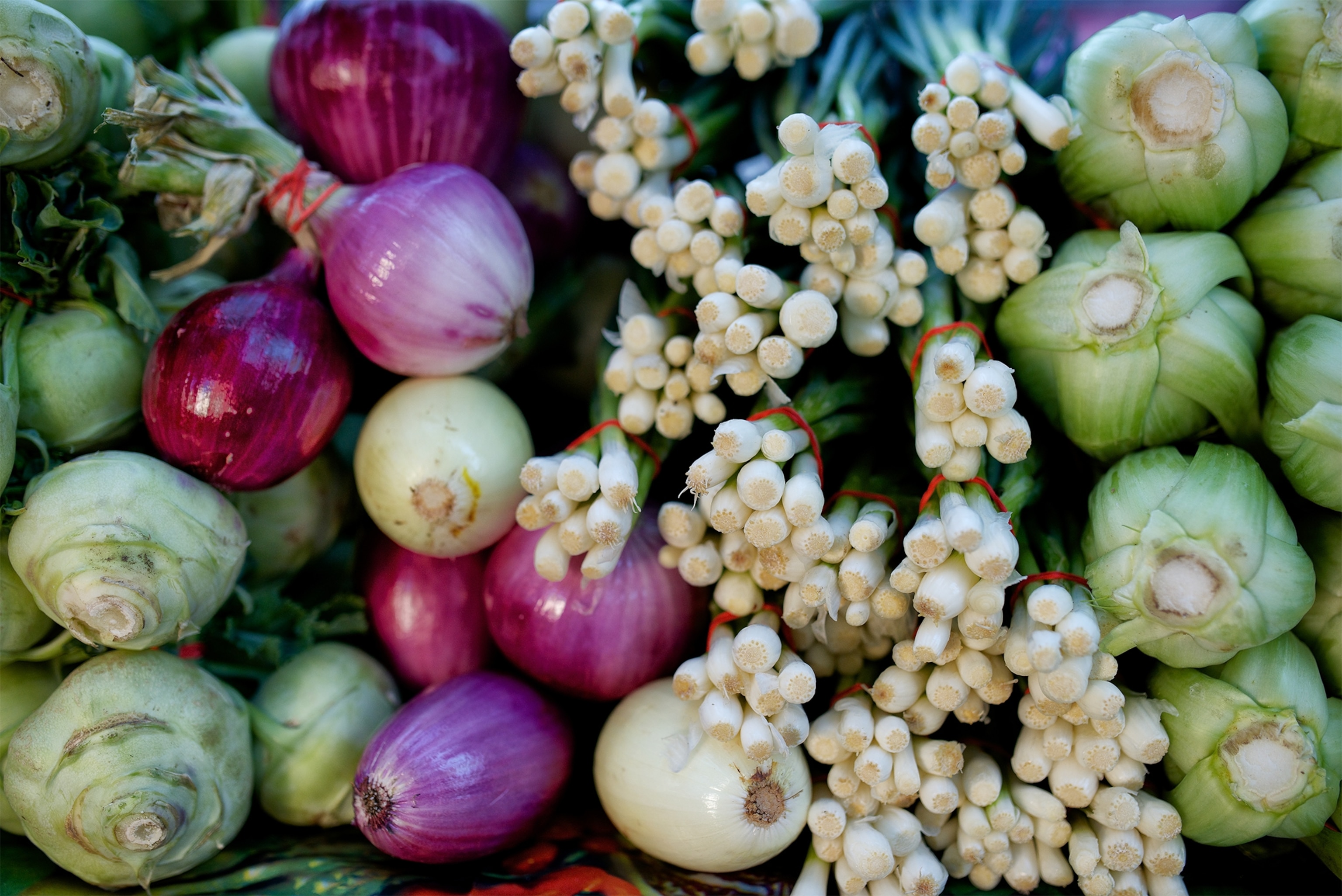
The Elixir of Life for Produce
Reducing waste by extending the life of produce.
Scientists at startup Apeel Sciences have figured out the secret to doubling lifespans. Not our lifespans, alas, but those of fruits and veggies. Naturally.
It's a big deal. Worldwide, we throw away about a third of our food: some $750 billion per year—even more in the United States. One reason is rot: food goes bad before we can bite in. In response, James Rogers, Ph.D., and his team have developed an array of all-natural films for produce that prolongs its life—up to 200 percent in some cases—and reduces the need for pesticides. They're products for growers and grocers alike.
While Apeel's films won't replace pesticides, they could make a dent. The U.S. applies 1 billion pounds of pesticides per year, harming bees, national parks, air and water quality and 72 million birds per year. Oh, and us. But if we abolished pesticides without an alternative, food production would plummet: "The lives saved would be outnumbered by a factor of around 1000 by the lives lost due to poorer diets," writes Bjørn Lomborg in The Skeptical Environmentalist.
Rogers and co. aren't breaking new ground per se. Monks used beeswax to preserve fruits, and, actually, evolution came up with protective films first: water plants grew them to survive on land. "So we just piggybacked off that idea ... and expand[ed] on what nature has already done," said Rogers.
That is to say, it's a 450-million-year-old concept with one hell of an innovative iteration.
One variation, Edipeel, is a natural preservative for produce like fresh-cut lettuce and citrus fruit. Another is Invisipeel, a molecular mix that throws off pests (e.g., bacteria, fungi and insects), effectively camouflaging fruit and veggies—an increasingly appealing solution with pesticide regulation on the rise.
So how does the antimicrobial film work? The team extracts specific molecules from rejected produce or unused parts (like stalks, leaves and peels), which are used to create a water-based solution; it covers fresh produce in an extra-thin layer of "invisible, tasteless, organic and completely edible" protection.
While in the process of obtaining FDA approval for edible products, it emerged that "the low-hanging fruit was fresh-cut flowers [pun not added]," said Rogers. "So we pivoted" and designed Florapeel—which repairs cut stems and improves flowers' water uptake, extending their lifespan up to 200 percent, he says.
Who says bioengineering isn't romantic?
In typically unromantic fashion, Rogers started Apeel circa 2012 in his bedroom as a doctoral student at UC Santa Barbara's Materials Engineering Department. After promising initial results, he enlisted Dr. Jenny Du, a chemist, and they did as quintessential entrepreneurs do: set up shop in the garage. Further experiments bore fruit in the form of a $100,000 grant from the Bill and Melinda Gates Foundation.
Fast-forward two years and thousands of trials and tack on some high-flying doctorates and directors: Apeel Sciences has just raised $1.25 million from local angel investors and a VC firm. Rogers projects that the elixir of life for flowers (Florapeel) will be available next quarter with produce versions (Invisipeel and Edipeel) following close behind, all of which will be first available to select growers, then eventually to the public via its website.
This piece comes from our partner OZY.